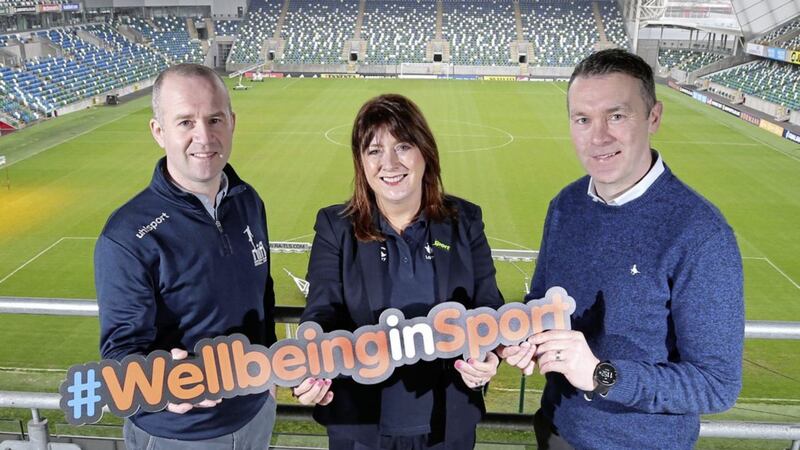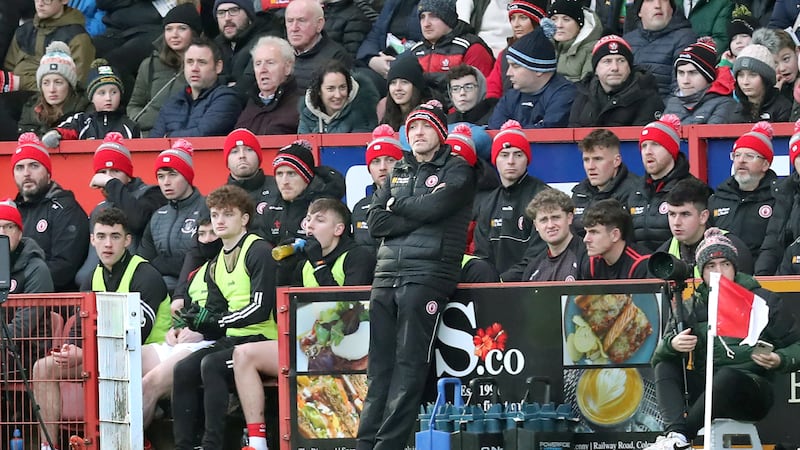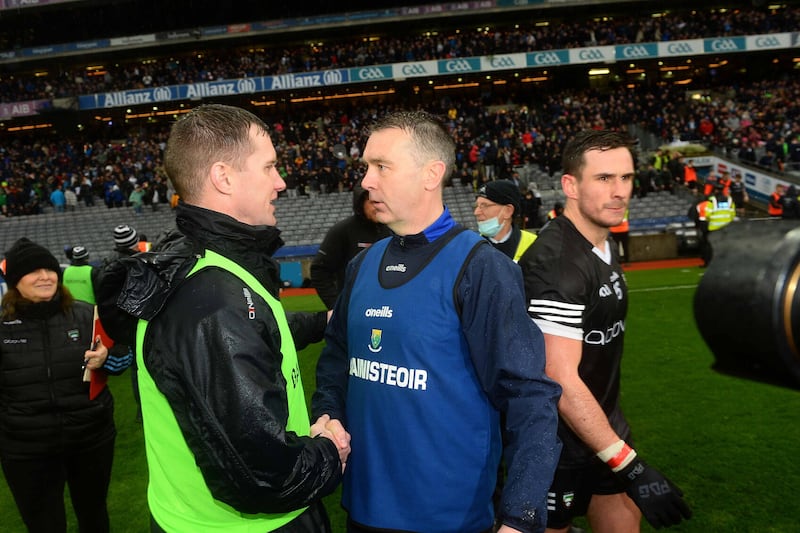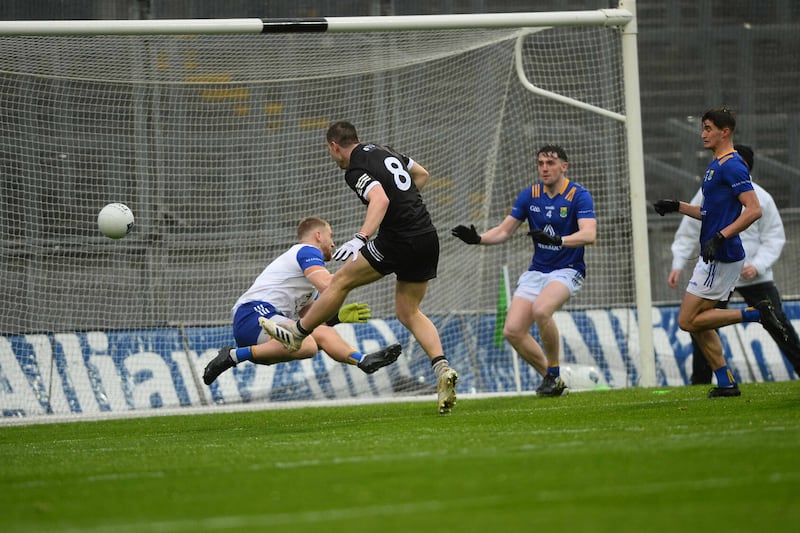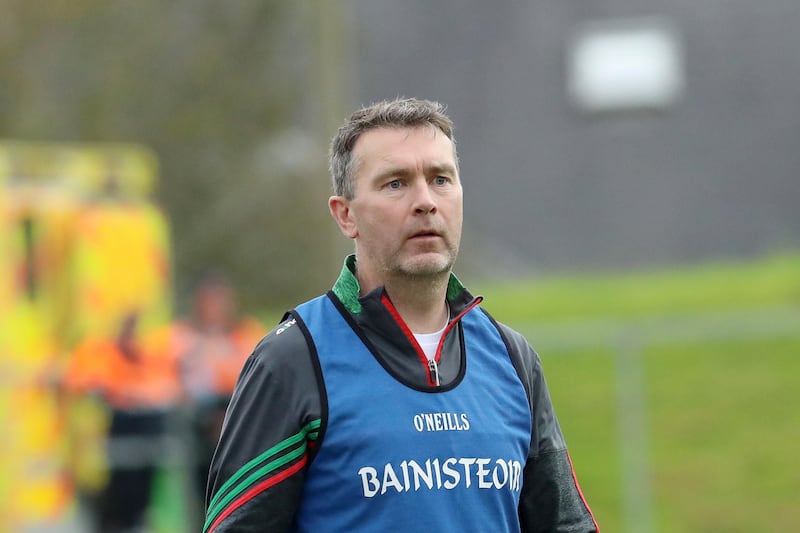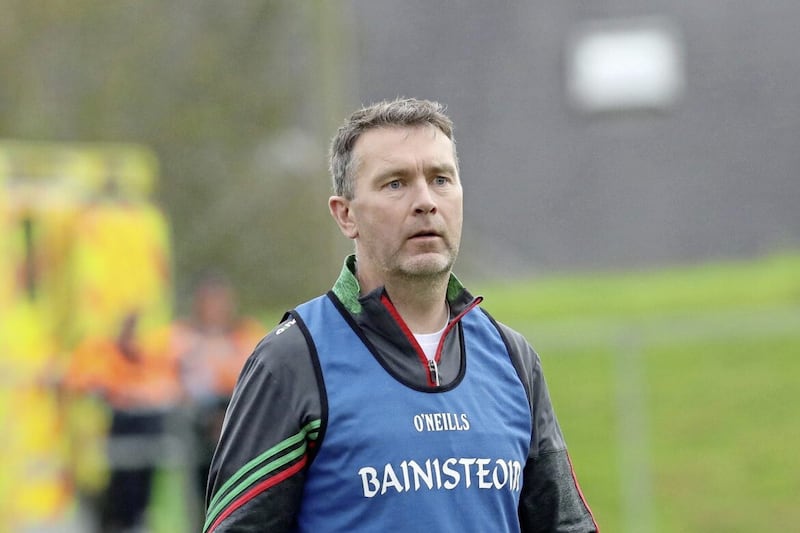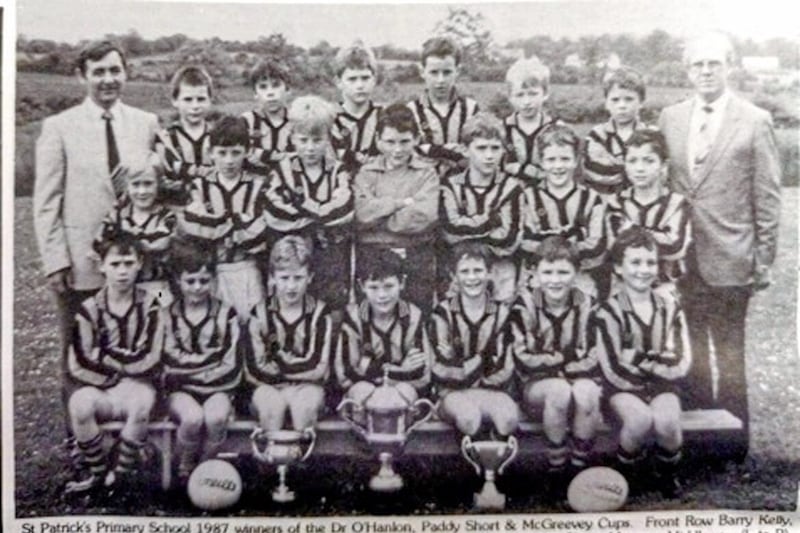FORMER Armagh star Oisin McConville believes the use of online gambling sites has become a major part of the culture in GAA changing rooms, and says education is key to stop it spiralling out of control.
Following his own high-profile issues with gambling in the past, McConville has become a trained counsellor and is also involved with Sporting Chance - a charity set up by former Arsenal and England captain Tony Adams to provide a specialist addiction and recovery facility for athletes.
Through a new partnership between Sporting Chance, Sport NI and the Northern Ireland football league, McConville will help provide sessions for Danske Bank Premiership and academy sides.
An education programme is also available for GAA clubs across the north and the ex-Crossmaglen forward is hopeful of a big take-up in a bid to counteract an increasingly significant issue.
“It’s a cultural thing in a lot of teams,” said McConville.
“A lot of the conversations on the WhatsApp groups revolve around who’s even money at the weekend, or what’s the best bet of the weekend.
“You don’t see a lot of statistics around online gambling, but a study done in England amongst professional footballers and rugby players showed that people who play competitive sport are twice as likely to become compulsive gamblers. People who play competitive team sport are three times as likely to become compulsive gamblers.
“I see that in the GAA. The GAA guys, maybe they’re not drinking for six or eight months of the year, they feel a little bit cocooned, they maybe have a little bit of time on their hands, they have a harmless bet at 14 – just like I did – and they think no more about it.
“All of a sudden, that can become an issue. Now, that’s not the case for everybody, but the key here is to protect those who are gambling in a dangerous way.
“Players can turn to gambling and see it as a harmless pastime, and for a lot it is. But for some it becomes a serious issue.”
In an interview with The Irish News in 2017, Tyrone goalkeeper Niall Morgan - who worked for a bookmaker for five years before moving into teaching - said that the lack of conversation within changing rooms around the topic means its extent is probably largely unknown.
The GAA has taken a pro-active stance by banning betting companies from becoming shirt sponsors for county teams, while odds are no longer offered on minor matches.
Yet McConville feels more needs to be done to educate players about “the pitfalls” of gambling, and how quickly problems can escalate.
“I was doing the majority of my gambling in a bookies and I kept mine largely hidden for 16 years – so if you can imagine a young fella gambling online how much easier it is to keep it hidden, and how much easier it is to have a bet, day or night.
“The thing about gambling, in terms of addiction, is that it becomes an issue pretty quickly. The acceleration from having a bet to ending up in trouble can be very quick.
“The education piece, the reason I find it so good is that a lot of players are really unaware of the pitfalls. A lot of players are unaware of the warning signs.
“If they were more in tune with that, maybe hearing a personal story, it may change things for them at some stage. Then they have the tools to try and get the help they need, whether it’s a number in the wallet or somebody they can call to set the wheels in motion.”
